Humans
Sign up for our newsletter
We summarize the week's scientific breakthroughs every Thursday.
-
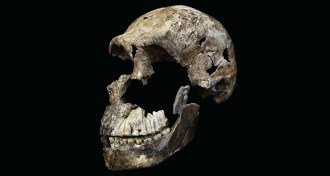 Anthropology
AnthropologyHomo naledi may have lived at around same time as early humans
South African species Homo naledi is much younger than previously thought.
By Bruce Bower -
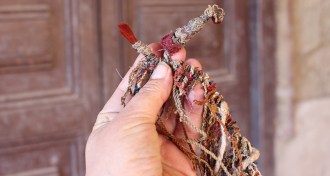 Archaeology
ArchaeologyTwisted textile cords may contain clues to Inca messages
A writing system from the 1700s may illuminate even older knotty Inca messages.
By Bruce Bower -
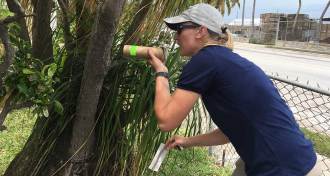 Animals
AnimalsIn Florida, they’re fighting mosquitoes by meddling with their sex lives
As an alternative to genetically modified mosquitoes, Florida skeeter police are testing one of two strategies that use bacteria to meddle with insect sex lives.
By Susan Milius -
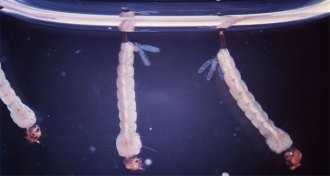 Animals
Animals50 years ago, U.S. fell short on mosquito eradication
Researchers boldly predicted mosquitoes’ demise 50 years ago. They never came close.
-
 Health & Medicine
Health & MedicineReaders concerned about cancer’s sugary disguise
Tricky cancer cells, brain-shaping smartphones, a cow-burying badger and more in reader feedback.
-
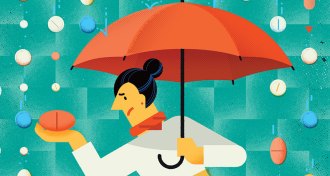 Health & Medicine
Health & MedicineYes, statins protect hearts. But critics question their expanding use
Even after decades of study, questions remain about statin safety.
By Laura Beil -
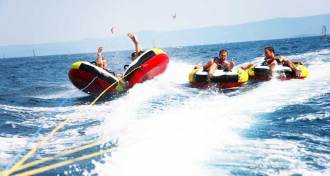 Anthropology
AnthropologyWater tubing accidents, table run-ins cause Neandertal-like injuries
People’s injury patterns today can’t explain how Neandertals got so many head wounds.
By Bruce Bower -
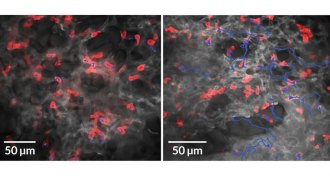 Health & Medicine
Health & MedicineLungs enlist immune cells to fight infections in capillaries
Immune cells in the lungs provide a rapid counterattack to bloodstream infections, a new study in mice finds.
-
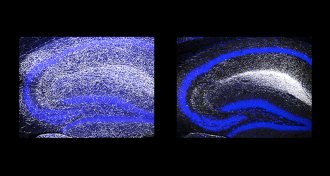 Neuroscience
NeuroscienceNerve cell miswiring linked to depression
A gene helps nerve cell axons extend to parts of the brain to deliver serotonin, a brain chemical associated with depression.
-
 Science & Society
Science & SocietyHPV vaccine as cancer prevention is a message that needs to catch on
Vaccination against HPV is cancer prevention, but low vaccination rates suggest that message isn’t clear.
-
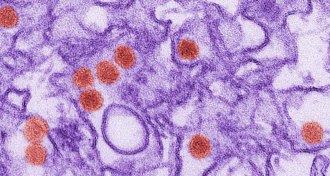 Health & Medicine
Health & MedicineZika hides out in body’s hard-to-reach spots
Zika virus sticks around in the central nervous system and lymph nodes of monkeys.
-
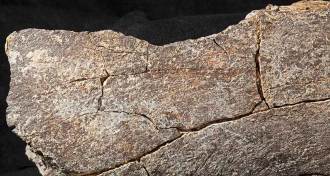 Archaeology
ArchaeologyFirst settlers reached Americas 130,000 years ago, study claims
Mastodon site suggests first Americans arrived unexpectedly early.
By Bruce Bower